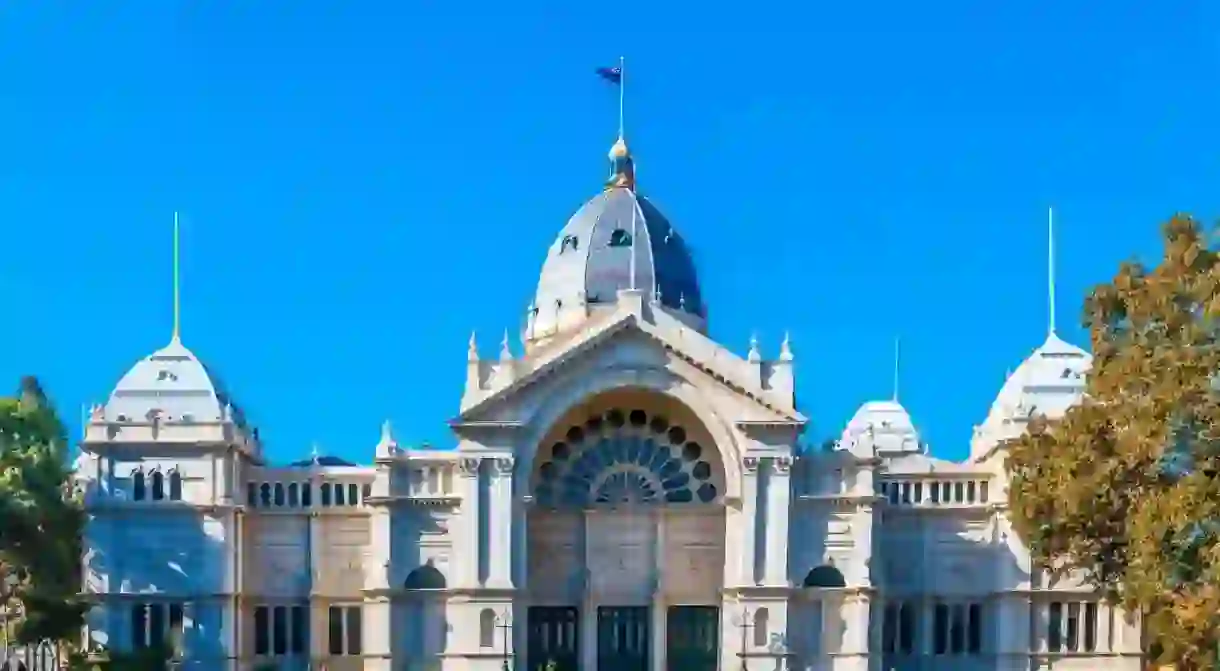A History of Museo Italiano and the Italian Historical Society

Situated in a suburb of Melbourne, Museo Italiano and the Italian Historical Society share a comprehensive collection, which focuses on Victoria’s Italian community and the story of immigration in Australia. Located at CoAsIt, in Carlton, Museo Italiano showcases both permanent and temporary exhibitions, which concentrate on the hardships faced by Italian immigrants, as well as the history and heritage of Carlton.
The museum’s permanent collection includes Departures, which takes you on the journey of Italian migrants via a multimedia presentation and explores the adventure and anticipation of the voyage many took in the hope of reaching Australia. Making Lives isa 10-minute film that depicts the early days of settlement and the community created in Carlton. Settlement allows you to view objects and artefacts from the migration period that played an important role in creating a sense of home in Melbourne. Interactions isan exploration of the role that food, language, performance and sport played in the interaction between Italians and Australians. Artefacts in this collection include one of the first espresso machines imported into Melbourne and a film clip of Joe Dolce’s song Shaddap You Face. Lastly, Identity isa collection of 16 documentaries commissioned for Museo Italiano investigating the ongoing connection Italians have with their homeland. Interviewed Italians include football player Andrew Carrazzo, songwriter Kavisha Mazzella, filmmaker Santo Cilauro and cafe owner Sam Greco.
Museo Italiano has also hosted temporary exhibitions. Braving Bonegilla: A Photographic Journey in the Italian Migrant Experience was on show at the museum and told the story of the Bonegilla Migrant Reception and Training Centre, which operated between 1947 and 1971. Over that time, the centre housed 300,000 displaced Europeans. The collection featured photographs of daily life at the centre and depicted men learning English alongside photographs of weddings, funerals and the Bonegilla riots of 1952.
CoAsIt is also home to the Italian Historical Society, which collects, preserves, interprets and promotes the history of Italians in Australia. The society holds a collection of photos, letters, official documents and records, artefacts and newspaper excerpts relating to Italian migration and settlement, which have been donated by migrants and their descendants. The collection is available to scholars, writers and the community by appointment. The microfilm diplomatic archive holds around “8,000 records of correspondence and reports between Italian Consular representatives in Australia and the Italian Ministry of Foreign Affairs in Rome from 1856 to 1947”. The collection of documents includes everything from passports, travel tickets, national service records to postcards and transcribed oral histories. CoAsIt also houses a library, which boasts 3,500 volumes, including rare books and periodicals. Lastly, the Italian Historical Society publishes a bi-annual journal full of academic papers and community contributions.
Italians and their families are encouraged to visit CoAsIt, as they might discover a piece of family history from the past.













